Seoul, July 8, 2024 – Kim Yo Jong, the influential sister of North Korean leader Kim Jong Un, has issued a stern warning to South Korea in response to recent military exercises conducted near the Korean border. In a strongly worded statement, she condemned Seoul's actions and suggested that they were inviting disaster.
South Korea's recent activities, including the suspension of a de-escalation military agreement and the resumption of live-fire drills on border islands and in the demilitarized zone, have heightened tensions between the two Koreas. Additionally, Seoul's use of balloons to send propaganda materials into North Korean territory has further provoked Pyongyang.
In a statement carried by the official Korean Central News Agency (KCNA), Kim Yo Jong criticized the South Korean military exercises as "disguised war games" and "clear provocations" that exacerbate the already volatile situation on the Korean peninsula. She described South Korea's border drills as "suicidal" and warned of severe consequences.
"This is a disguised war game with inexcusable acts and clear provocations that will only make the situation worse. South Korea's border drills were suicidal, requiring them to endure a terrible disaster," said Kim Yo Jong, who is often considered a potential successor to her brother Kim Jong Un.
She further warned that any violation of North Korea's sovereignty by South Korean drills would be met with immediate and decisive action from the North Korean armed forces, though she did not specify what that action might entail.
The recent escalation in military activities by both sides reflects the fragile state of relations on the Korean peninsula. South Korea's actions, including the suspension of the de-escalation agreement and live-fire drills, are viewed by North Korea as direct threats to its security.
Kim Yo Jong’s sharp rhetoric underscores the high stakes involved in the ongoing military posturing between North and South Korea. Her statement serves as a reminder of the potential for rapid escalation and the importance of diplomatic efforts to manage and reduce tensions in the region.



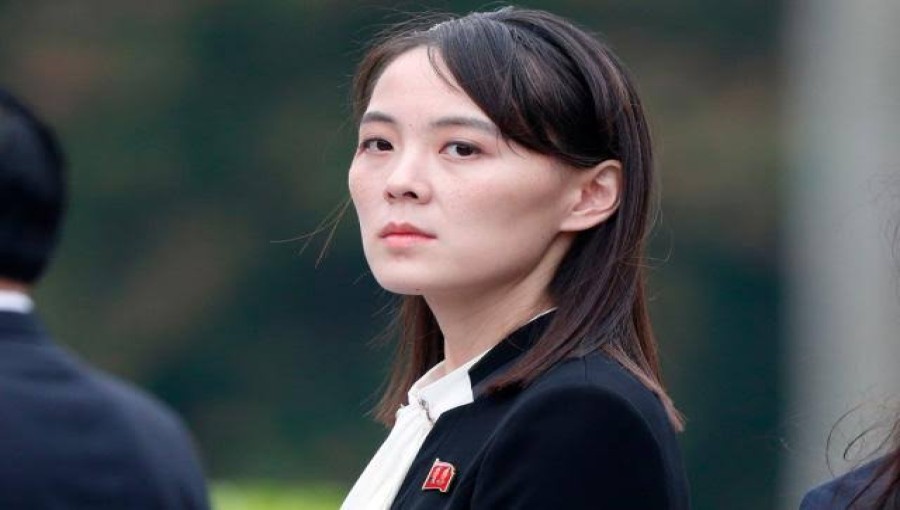

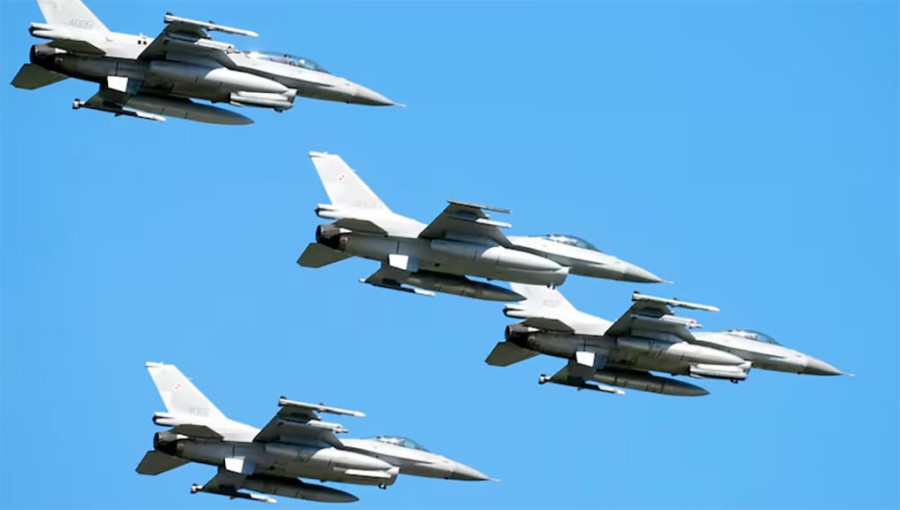
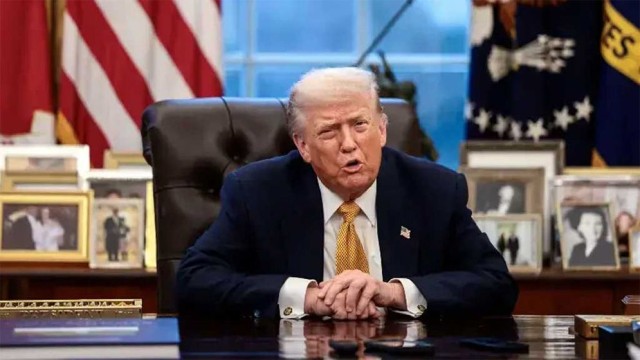
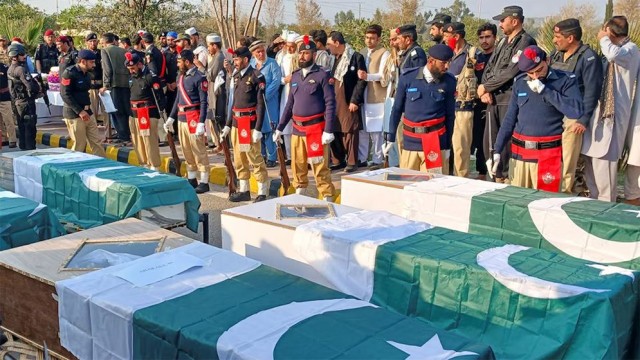


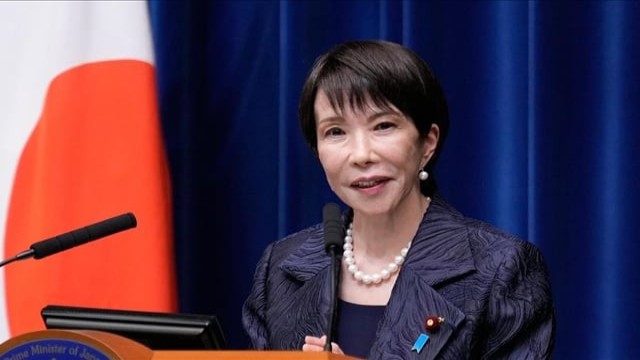






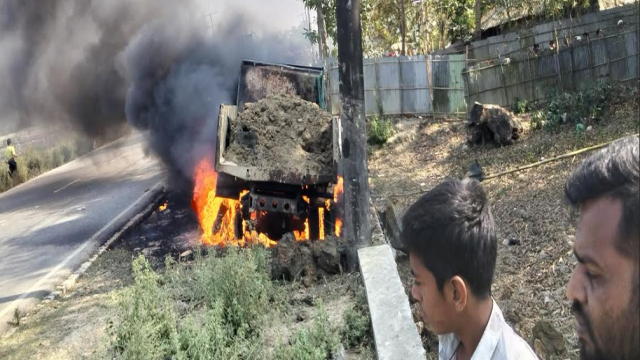

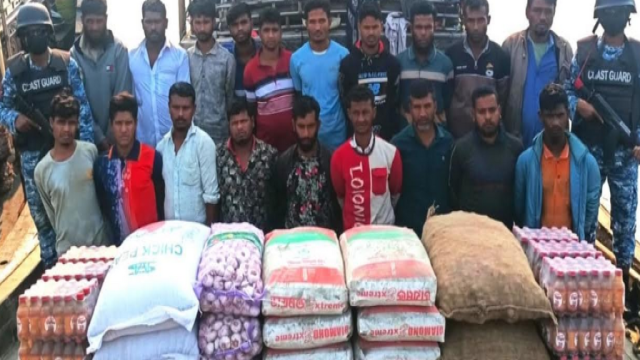






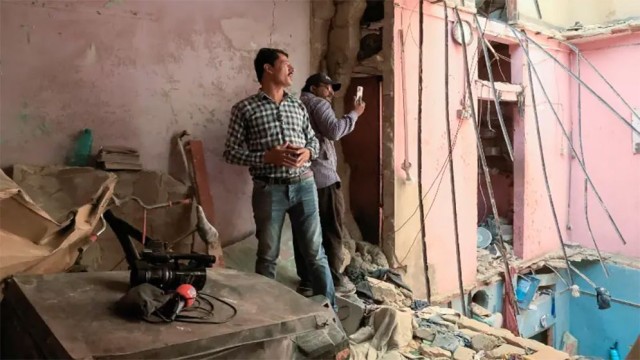


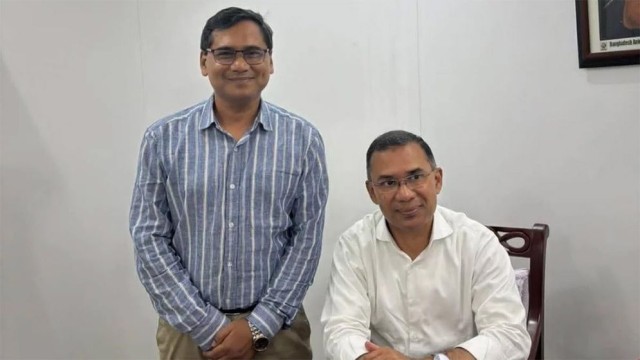
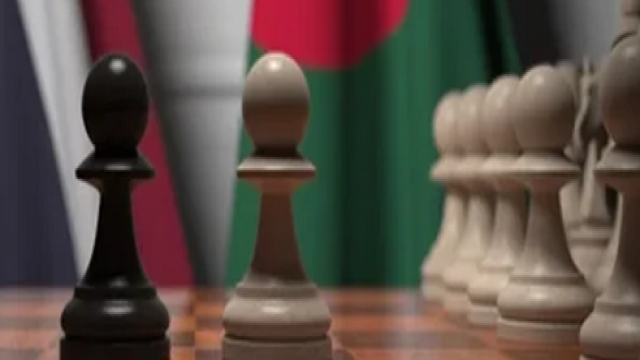
Comment: